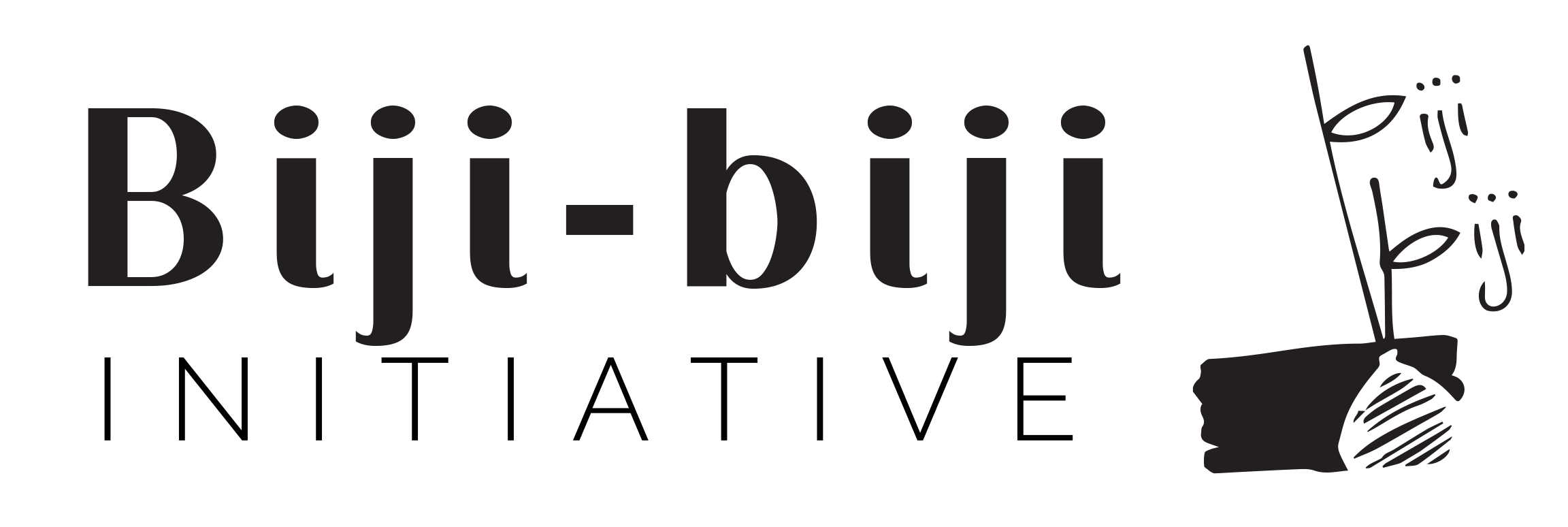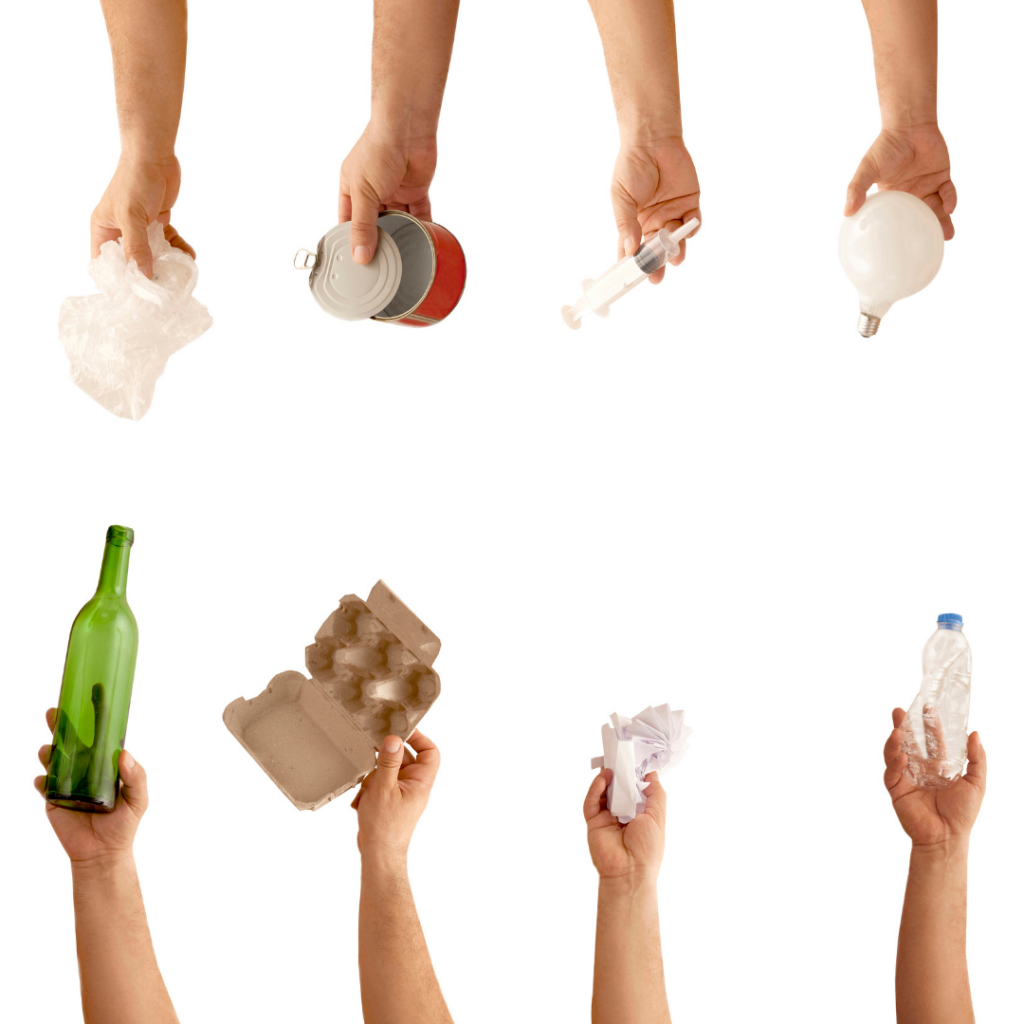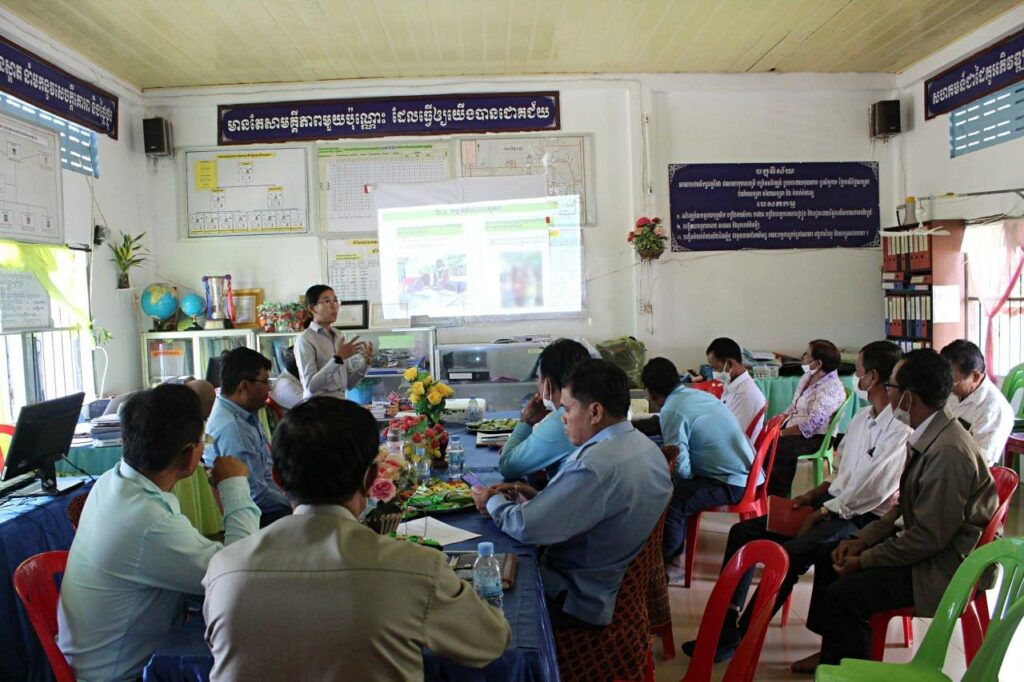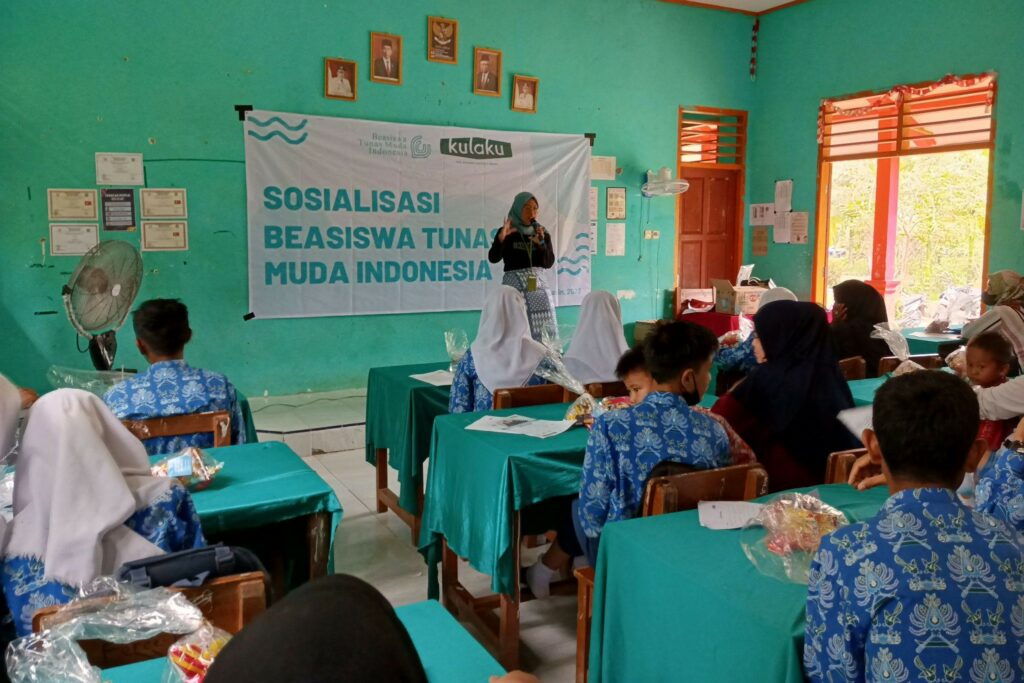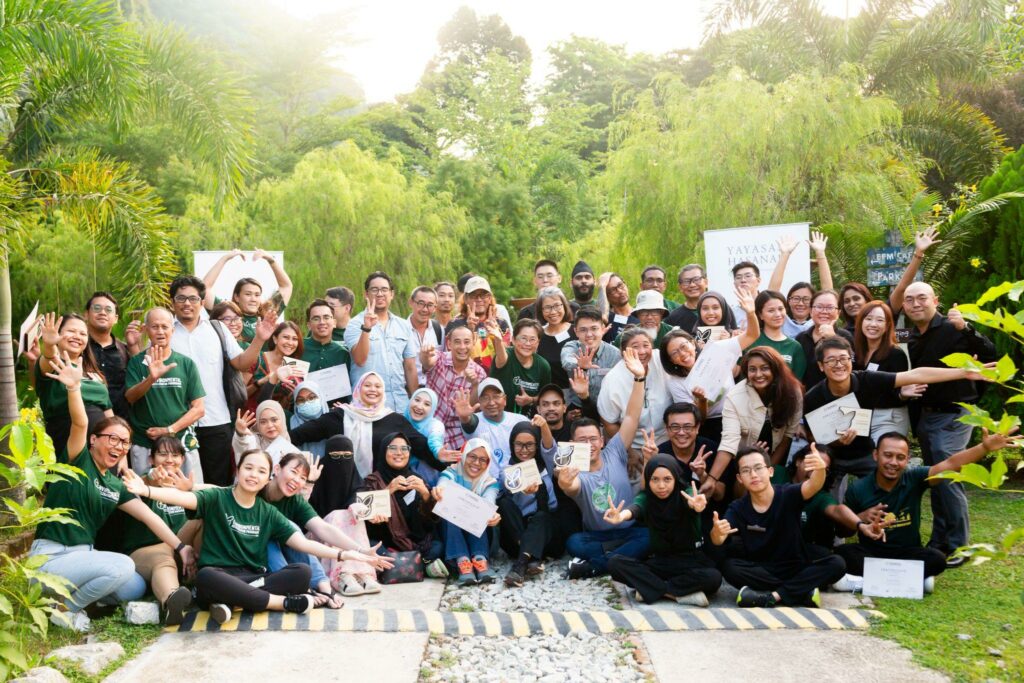In 2018, the recycling rate in Malaysia was about 28%.
Each Malaysian generates an average of 1.44kg of general waste daily while 0.8kg of that (55%) can actually be recycled.
With that said, there’s potential and room for improvement in terms of our recycling habits to raise that figure.
In this article, we present a recycling guide in Malaysia to promote a better understanding of the overall process of the recycling systems in our country, starting with why we should separate waste.
A Brief Background: Waste Separation in Malaysia
Since the 1st of September 2015, the Malaysian government has made it mandatory to separate solid waste at the source. According to the Ministry of Housing and Local Government, this implementation is in pursuance of regulations under the Solid Waste and Public Cleansing Management Act 2007 (Act 672).
The implementation is currently enforced in:
- Kuala Lumpur;
- Putrajaya;
- Johor;
- Malacca;
- Negeri Sembilan;
- Pahang;
- Kedah; and
- Perlis.
Why We Should Separate Waste
Well, apart from the fact that it is an offense if you do not separate your waste (that you will be risking a fine if you do not do so) there are several other reasons that separating your waste is beneficial in the long run.
Waste separation:
- Prevents the disposal of recyclable materials.
- Reduces the amount of solid waste in landfills
- Saves resources, such as time and money, required to further separate waste.
How Do I Separate My Waste?
In general, separate your waste into two categories: (1) residual waste; and (2) recyclable items. For recyclable items, separate your items into plastic, paper, and other items.
Once separated, place the residual waste inside the garbage bin and place the recyclable waste beside the garbage bin.
Following that, appointed collection companies will make collections of the residual waste, paper recyclables, plastic recyclables, and other recyclable items based on the 2+1 concept, where:
- The collection of residual waste will be done twice a week; while
- The collection of recyclable waste and bulky waste items will be done once a week.
Residual Waste
Residual waste includes items such as food items, wet materials (i.e., tissue and/or paper towels), and soiled materials (i.e., diapers).
Recyclable Items
For recyclables, items can be further categorised in terms of paper, plastic, and miscellaneous materials (i.e., glass, metal, aluminum, electronics, computer components, etc.). It’s also important to ensure that the materials are clean before going into the recycling bin!
Plastic Waste Recycling
Sometimes, it’s true that plastic waste recycling is confusing on its own. Don’t worry – we’re here to help!
Plastic waste recycling is an important topic to understand as the use of plastic permeates many aspects of our daily lives.
Overall, there are seven types of plastic, but it is only practical to recycle about three types of them in Malaysia. The three categories are 1, 2, and 5, which are 99% recyclable in Malaysia. The remaining types are more difficult to recycle due to the lack of supporting facilities in the country.
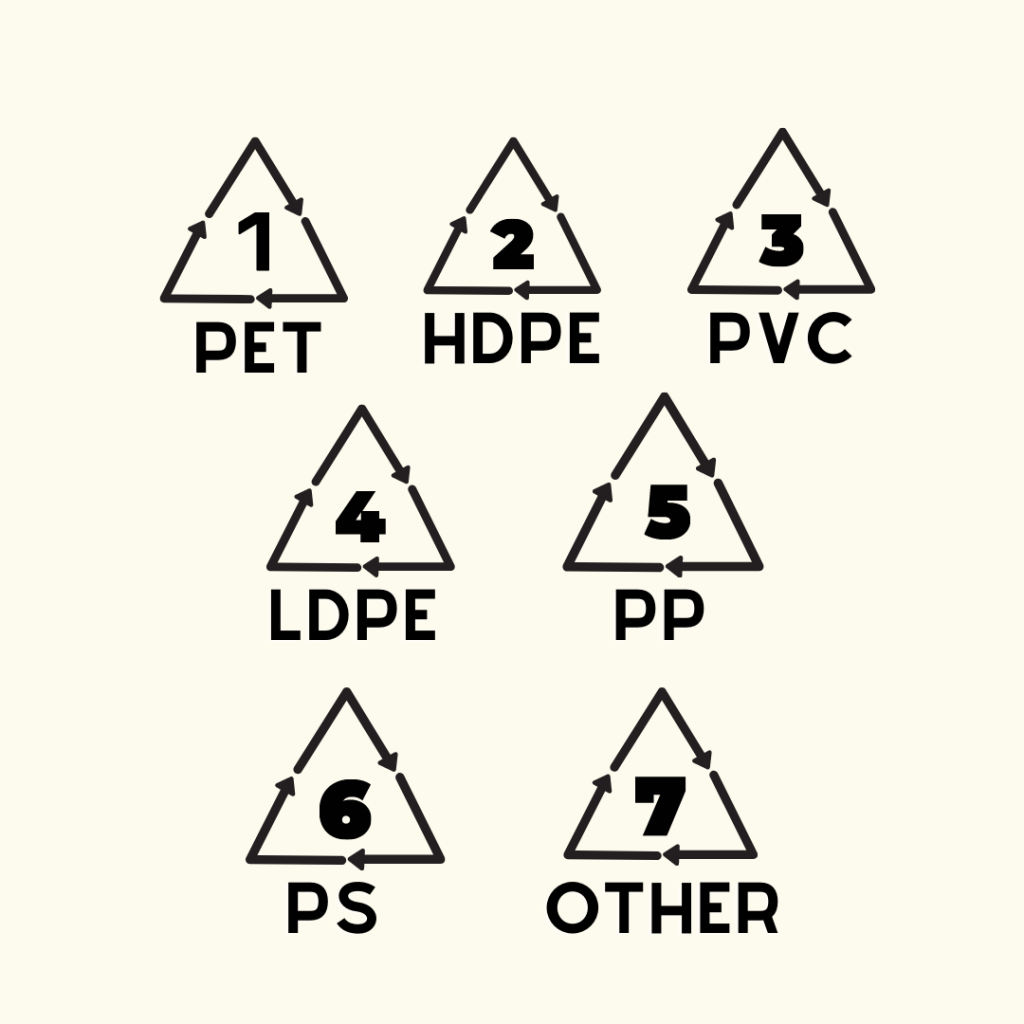
The 7 Types of Plastic
All of the plastics used in our daily lives are categorized into seven categories.

[1] Polyethylene Terephthalate (PET)
- Clear bottles, food trays
- This is one of the most commonly recycled plastics!

[2] High-density Polyethylene (HDPE)
- White milk bottles, bleach bottles, detergent bottles, some bottle caps
- This is one of the most commonly recycled plastics as well.

[3] Polyvinyl Chloride (PVC-U)
- Toys, food trays, plastic pipes, outdoor furniture
- Rarely recycled

[4] Low-density Polyethylene (LDPE)
- Plastic bags, cling wrap, garbage cans, furniture
- Difficult to recycle

[5] Polypropylene (PP)
- Plastic straws, bottle caps, butter, and margarine tubs
- Sometimes recycled

[6] Polystyrene/Styrofoam (PS)
- Insulated disposable cups, disposable food containers/cutlery, parcel packaging
- Not generally recycled

[7] Other, including polycarbonate (PC) and polylactide (PLA)
- CDs, nylon, fiberglass, bioplastics, composite plastics, plastic-coated paper
- Non-recyclable
Other Recycling Alternatives
Lucky for us, there are also alternatives for ensuring that our recyclables do get recycled if we somehow miss collection days, and such.
Simply drop off your recyclables at designated recycling centres and/or organisations collecting recyclable items.
Here, we list a few organisations accepting different types of recycling items.
iCycle
iCycle provides a platform for individuals to exercise waste separation and recycling – simply drop off the recyclables at designated bins or collectors!
They currently accept paper and cardboard, plastics, metals, electronics, glass, bulbs, and batteries, as well as clothes and textiles.
Kloth Cares
Kloth Cares is a Malaysian social enterprise which aims to tackle the challenges in fabric and textile waste through the Kloth Cares 188 Fabric Recycling Campaign. To date, they’ve collected 435, 268kg of fabric!
Simply drop your unwanted garments, clothing, accessories, textiles, shoes, toys, remnants of fabric at one of the 280 Kloth Care Bins installed in Selangor, Kuala Lumpur, Malacca, and Negeri Sembilan.
ERTH
ERTH, which stands for E-waste Recycling Through Heroes, purchases all types of end-of-life personal electronics such as PCs, laptops, smartphones, and such for recycling.
They also offer pickup services within Klang Valley, Malaysia, as well as dropoff points.
UrbanR Recycle+
UrbanR Recycle+ collects recyclable items, but they go one extra step further by featuring and selling pre-loved and vintage items selected from a pile of recyclable items at the Artemis Space, located at 1 Shamelin Mall.
They accept a range of items, including kitchenware, clothes, shoes, books, and gadgets. UrbanR Recycle+ also handles electronics – if your electronics are slightly faulty, consider sending them to UrbanR Recycle+ for a repair and they can then be resold at Artemis Space!
The Hive Bulk Foods
The Hive Bulk Foods is Malaysia’s first zero-waste store, offering the largest bulk whole foods options as well as others such as cleaning products, personal care items, and lifestyle products.
Apart from a wide selection of items, The Hive also accepts used items, such as prescription glasses, paper bags, e-waste (items no bigger than a microwave oven), glass jars and/or bottles (with the labels removed), and clothes.
Tzu Chi Malaysia
Tzu Chi is a Taiwan Buddhist Foundation with about 1,140 recycling centres across Malaysia.
In general, they accept all types of recyclable items except furniture, pillows, toys, shoes, tires, bamboo products, light bulbs, fluorescent tubes, and other items made from wood, polystyrene, and clay.
To locate one of their many recycling points, hop on this site to enter a location and find one closest to you!
IPC Recycling & Buy Back Centre
The IPC Recycling & Buy-Back Centre is a convenient drop-off point for recyclables with a buy-back programme for certain items, such as cardboard, magazines, paper, plastic, tin/metal, and aluminum.
IPC Recycling also accepts e-waste – small appliances such as iron, toasters, hairdryers, old car batteries, larger appliances such as old TVs and freezers, as well as other IT equipment such as laptops, printers, wires, cables, old monitors, CPUs, and copiers.
Beyond Bins by Biji-biji Initiative
Recycling forms a huge part of our goals toward a sustainable and a circular economy, especially through our efforts with Beyond Bins.
Beyond Bins is our sincerest effort in tackling the thorny issue of plastic waste while providing for an alternative source of income to underprivileged communities within Malaysia, and instilling a mindset shift about sustainable living along the way.
Separating your waste may seem troublesome as an extra step in our daily lives, but it goes a long way in ensuring that our materials are properly disposed and taken care of.
